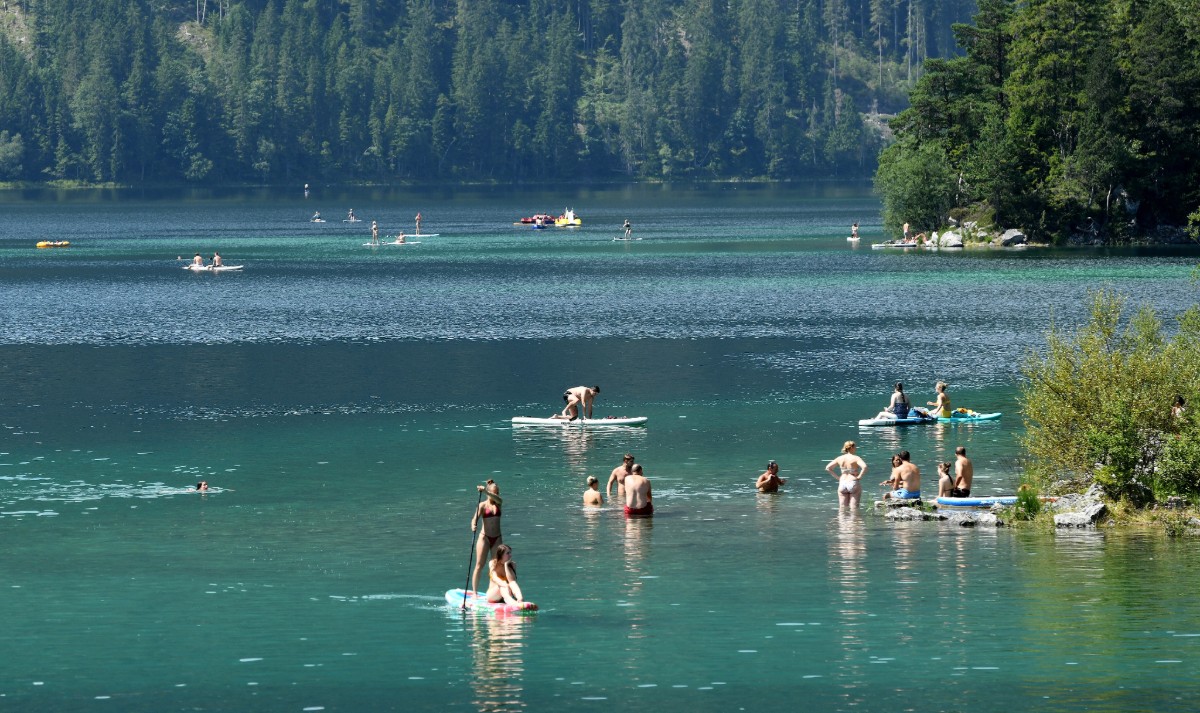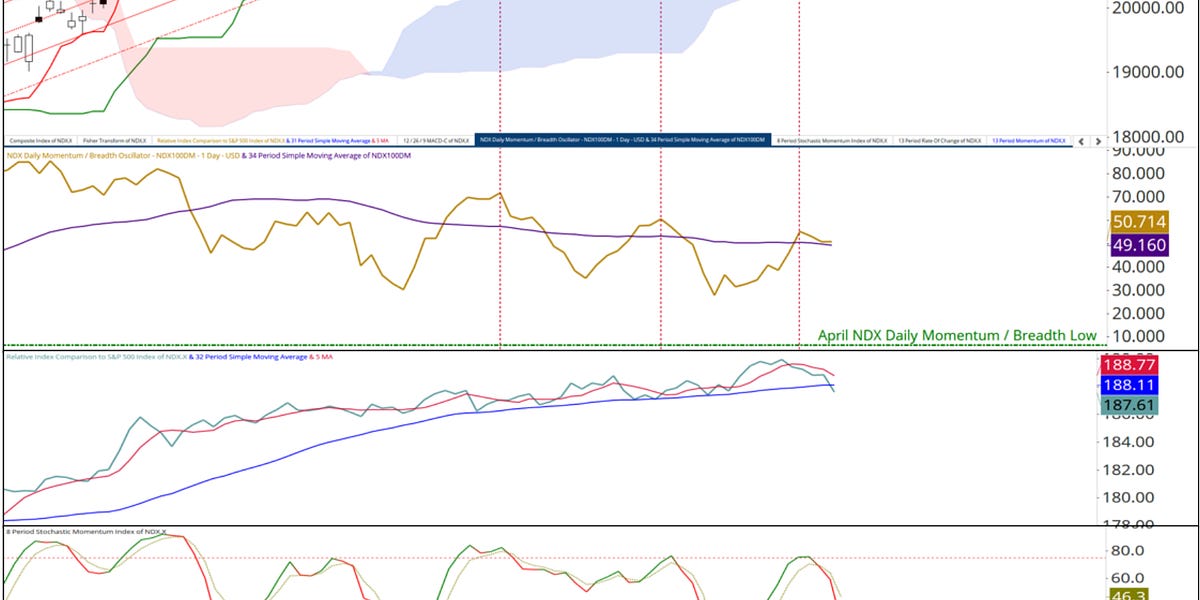Germany is particularly known for suffering from mass tourism but parts of Bavaria – including the stunning Eibsee – are struggling with overcrowding. How much of a problem is it and how should communities respond?
Summers in Europe have been increasingly marked by mass tourism, and protests against it in some places.
Countries like Spain, Portugal and Italy have seen demonstrations in the last few years, from stickers and graffiti to large marches. In Barcelona, tourists were sprayed with water pistols in 2024 and protests have been heating up again this year.
While countries generally welcome tourists, local residents in heavily affected areas have become fed up with the effects of so many visitors, particularly on public services and the housing market.
Germany has not experienced the same uproar. Yes, it can be busy in popular places, like central Berlin, Munich and Cologne, as well as at beach, lake and mountain resorts during peak holiday times, but it’s not yet become unmanageable in most places.
But the tide may be changing. This summer, videos shared on social media and reports by regional broadcasters have been highlighting ‘overtourism’ issues in southern Bavaria.
‘Insane strain’ on public transport
Video Clips and local reports captured at Bavaria’s Eibsee resort, near the Austrian border, show passengers trying to push onto buses, long queues of cars on the road and beaches packed with people.
Local resident Andreas Neuner told Bavarian broadcaster BR24 that scuffles breaking out between visitors is not uncommon. “Sometimes the scenes are really unimaginable, almost inhuman,” he said.
On the worst days, traffic jams stretch all the way back to Grainau. Neuner has been documenting it on social media in a bid to keep his neighbours up-to-date.
Many people are annoyed by the constant stream of tourists. “It’s quite a burden in everyday life,” he said. “If we want to go shopping in the afternoon, we easily have to plan an extra hour for the journey there and back, sometimes even two!”
Mayor of Grainau, Stephan Märkl, of the CSU, said buses are often more than an hour late.
One of the biggest problems, he says, is the Deutschlandticket, which allows people to use public transport all over Germany for just €58 per month.
While this is great for commuters, “for tourist destinations near large cities, it is an insane strain on public transport,” said Märkl.
READ ALSO: Five of Germany’s busiest tourist attracts and where to go instead
Advertisement
The Eibsee is one of Germany’s most beautiful natural wonders, and is well known for attracting both German holidaymakers and those from further afield. With turquoise water and a spectacular view of the country’s highest peak, the Zugspitze, it’s no wonder it’s so popular.
But during high season, you can expect full car parks by 9:30am
“To be honest, it causes chaos for us,” said Märkl. He said ten months of the year, locals experience regular tourism, one month is bad, “and 30 days are really bad – and we are currently in those 30 days”.
The below video posted on Instagram shows impressions of Eibsee this August:
Are the tourists themselves bothered by the crowds?
A visitor from Frankfurt told BR24: “I flew here today, then we were stuck in traffic for a long time, but now we’re here and we’re happy.”
Meanwhile, a couple from the UK also didn’t seem to have the other guests on their mind. They couldn’t wait to take photos of the Eibsee. “We’ll definitely post them on our Instagram account,” one said.
Advertisement
Is anything being done about it?
Authorities have tried closing the access road when it gets overcrowded, but this has proved difficult from a legal standpoint and led to frustration.
Märkl said his municipality has worked with the Bavarian state government and lawyers to see what can be done.
“But legally there is no way to curb or restrict it in any way – at least not yet,” he said.

People enjoy Eibsee in 2021. Photo: picture alliance/dpa | Angelika Warmuth
Across the border in Austria, some communities are considering steps to limit tourism.
For instance, in Hallstatt, some local leaders and residents are pushing for a digital reservation system, similar to an online ticket system, to limit visitor numbers.
Balancing act
Germany relies heavily on tourists to boost its economy.
People from abroad are welcome in the country, with local tourist boards pushing for more visitors all the time.
It looks like it’s paying off: Hotels, guesthouses and campsites in Germany recorded more overnight stays than ever before in the first half of this year.
A total of 223.3 million overnight stays were reported, according to figures from the Germany’s Statistical Office, an increase of 0.1 percent on 2024.
Advertisement
But a striking point is that the tourists holidaying in Germany are often German themselves.
According to the Statistical Office, domestic guests are providing a big boost to business. German tourists travelling in Germany rose by 0.8 percent to 187 million in the first six months of the year.
By contrast, the number of overnight stays by guests from abroad fell by 3.2 percent to 36.4 million.
READ ALSO: Germany’s favourite spots for a staycation








